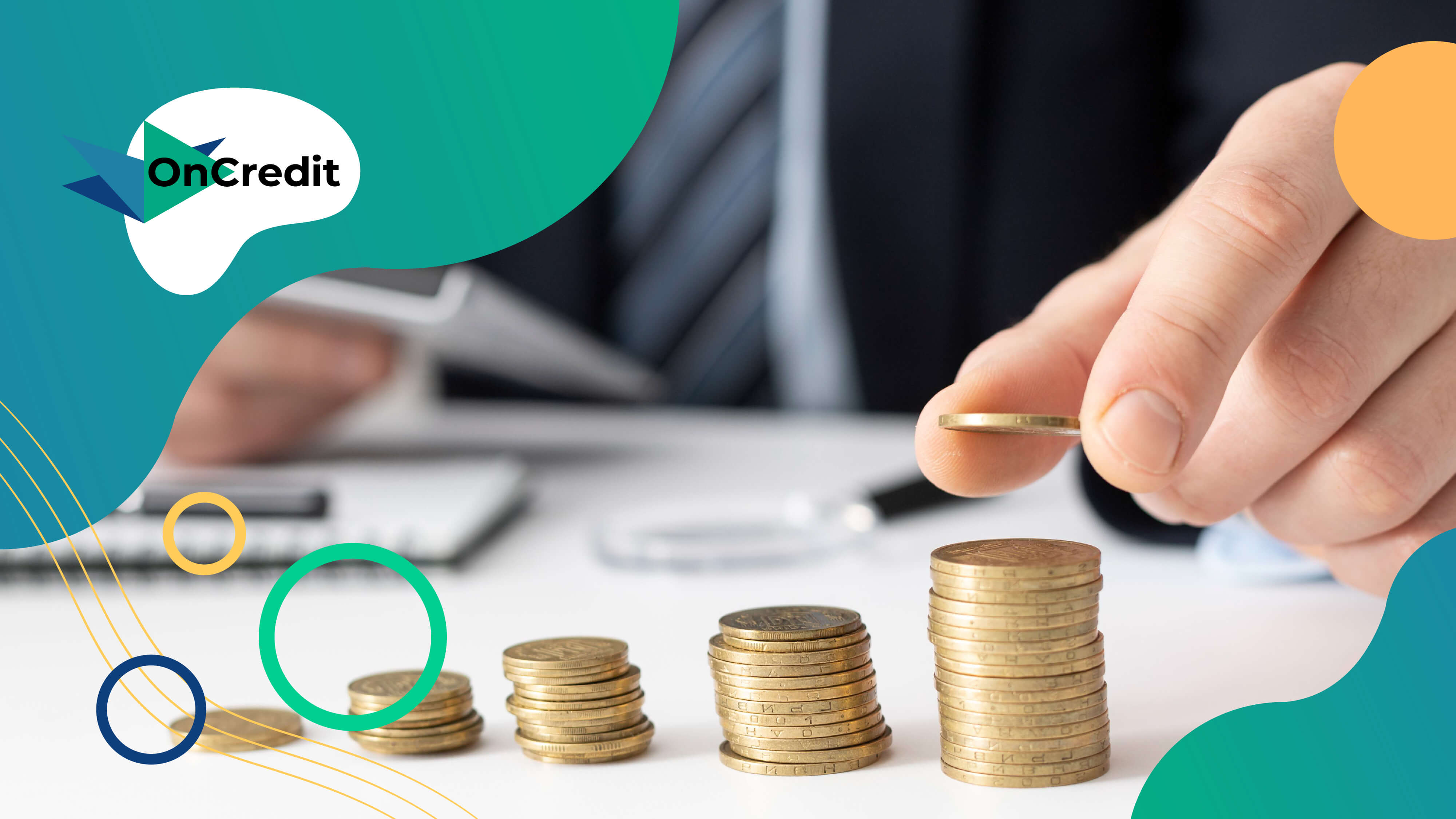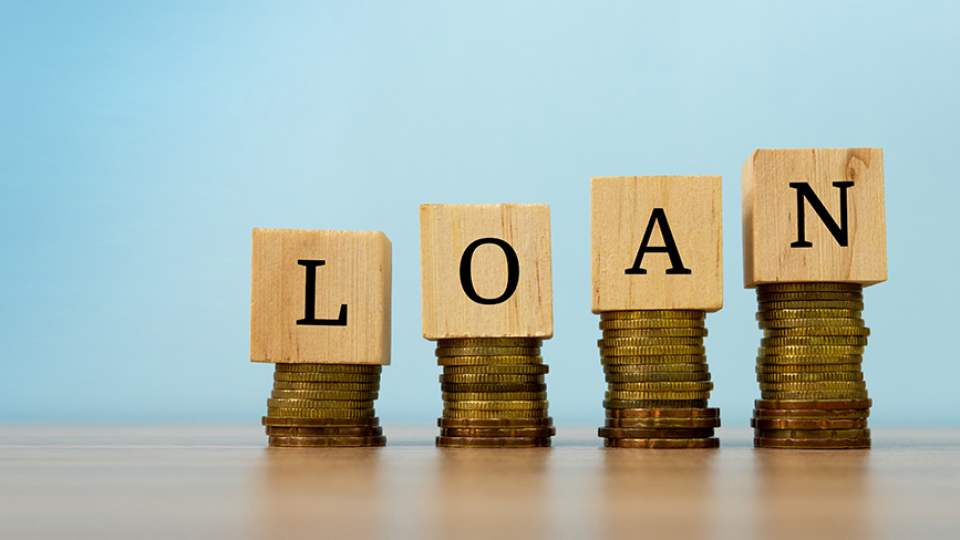We all grow up learning financial philosophies either from our parents or through trial and error early on in our careers. We also tend to cling to certain personal financial philosophies even though they might not be the best way to manage our money. For example, having seen our parents struggle with paying back debts, we might swear to never take out a loan in our life. However, in this day and age, loans are almost unavoidable especially when funding major purchases like homes and vehicles. Additionally, not all debt is bad debt. Similarly, there are probably countless other money rules that we might be following in our daily lives that are simply not conducive to the overall direction and health of our personal finance.
Here are some of the top money rules that you should let go of this year:
.jpg)
1. Avoiding Credit Cards
Credit cards have long been one of the main reasons people fall into debt traps. The ease of getting a high-limit credit card coupled with the seemingly lenient nature of repayments (nominal minimum payments required, long repayment periods etc.) make it very easy to accumulate a mountain of credit card debt that keeps growing until it is repaid in full. While the easiest way to avoid such a situation might be to avoid getting a credit card altogether and surviving entirely on cash and debit cards, there are actually countless benefits that owning a credit card can bring you.
Improve your credit score
While Sri Lanka does not have a fixed credit score system like in other countries, we do have a credit report that most employers and financial institutions consult prior to engaging in any dealings with someone. Having been approved for a credit card in the past and not having any red flags in terms of unpaid or late payments, you will find it easier to get approved for housing loans and certain job opportunities than someone who has an empty credit report.
Helps Save Money
While this might seem unbelievable at first, credit cards absolutely can help you save money and streamline your expenses. Credit cards tend to have really good credit card-only offers and cashback schemes with selected partners. For example, if your selected credit card has a 2% cashback scheme with your preferred supermarket or fuel station, you can actually save a lot of money. You can also opt for interest-free instalments to better manage large expenses.
Of course, if you are someone who is prone to overspending and has poor self-control when it comes to spending on your wants, perhaps credit cards should be avoided.
2. Avoiding Debt Altogether
Avoiding debt completely is an admirable goal; however, unless you possess a lot of wealth, it is almost impossible to finance major expenses such as housing, vehicles, higher education, and even certain medical expenses, without some form of debt. By stubbornly clinging on to your no-debt mantra, you might find yourself making incomprehensible financial decisions, such as spending all your life savings on purchasing a vehicle or for a wedding. When faced with such a situation, it might be advisable to take on debt to manage a temporary hiccup rather than allow this temporary hiccup to have long-term ramifications on your life. Loan companies have now advanced to such an extent that they offer tailored credit facilities and loans for personal use:
Medical Loans
A medical emergency is the best reason for taking out loans. Often unexpected and requiring a large amount of money, using your savings to finance this might not always be the best course of action. A quick loan from online loan companies like OnCredit.lk will help you settle this cost and work towards repaying your loan over a period of time.
Housing and Auto Loans
Purchasing your first home or vehicle requires a massive amount of money, and usually a housing/auto loan is the best way to finance this. It allows you to get full ownership and you can repay the loan while continuing to live in the house and use your vehicle.
Holiday Loans
While a holiday might seem too trivial to warrant a loan, if you plan to save up the money in advance, you might never end up going on a holiday and getting that much-needed break from life. Holiday loans allow you to enjoy your life to the fullest and then start repaying the loan afresh.
3. Paying Off All Your Debt At Once
.jpg)
If you have a mountain of debt piled up and you are currently making several loan payments each month, only to barely see any reduction in your overall debt, you tend to get extremely discouraged. This might be because you are trying to settle all your debts at once which will lead to very slow progress. Rather than making several payments each month to lessen your debt, try one of the following approaches.
Consolidate All Your Debts
This usually requires you to take out a loan to settle all your outstanding debts and then work towards settling this single debt. The benefit of doing this is that you only need to deal with one service provider and you might even receive a better interest rate for this loan than some of the rates on your outstanding debts (like credit cards).
Settle Your High Risk Loans First
Rather than focusing on reducing all your debts at once, focus entirely on the high risk loans and debts, such as the ones with the highest interest rates that are growing at a much faster pace than others. By settling your high interest personal loans first, you will be left with a debt pile that, while large, is not growing as rapidly as before thereby allowing you some time to settle everything.
Changing the way you work with money all of a sudden will prove to be difficult. After all, why fix something when it isn’t broken? However, if just a few tweaks in your lifestyle and personal finance philosophy can have extremely beneficial repercussions, you would definitely want to do so sooner rather than later.







